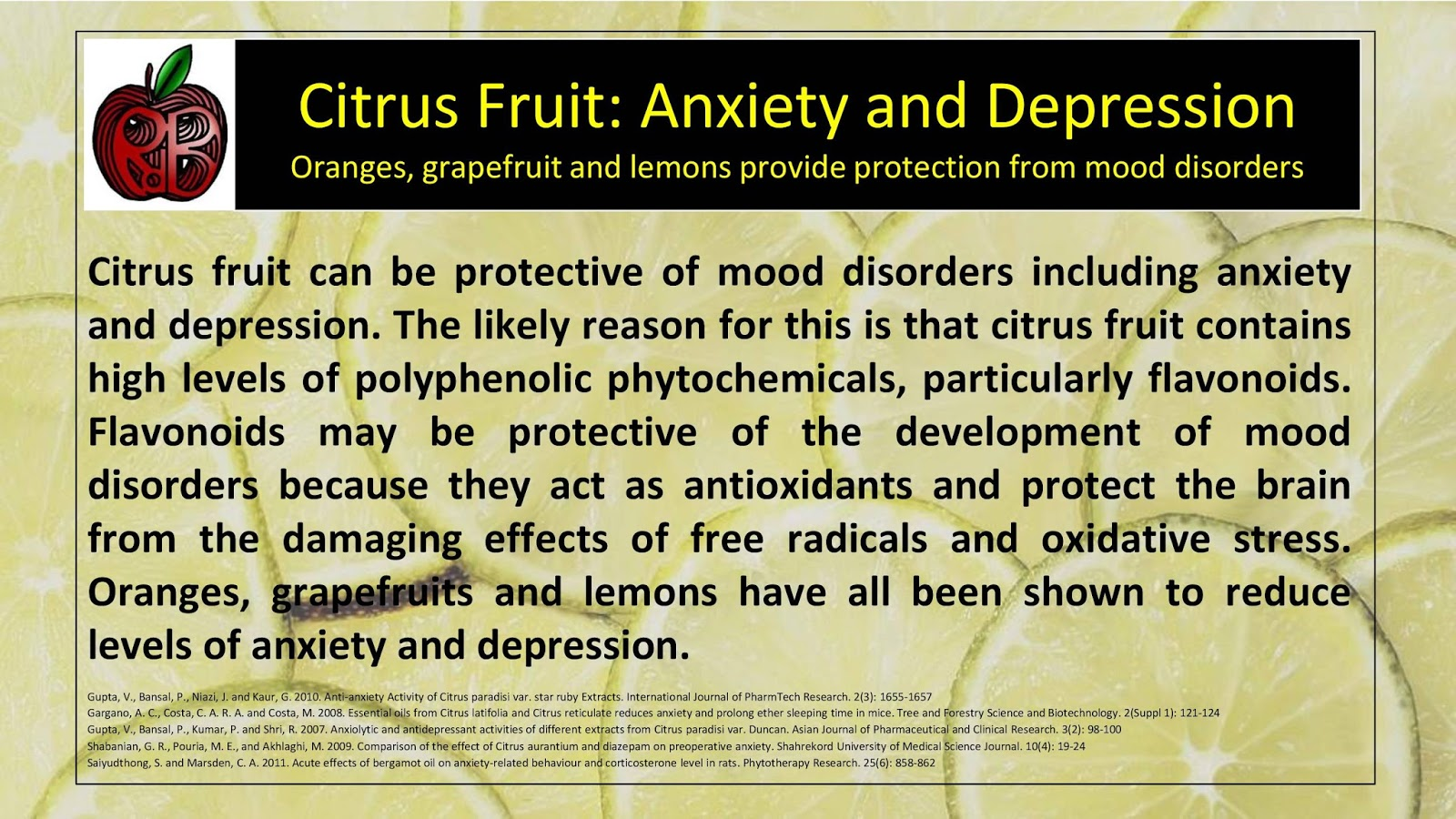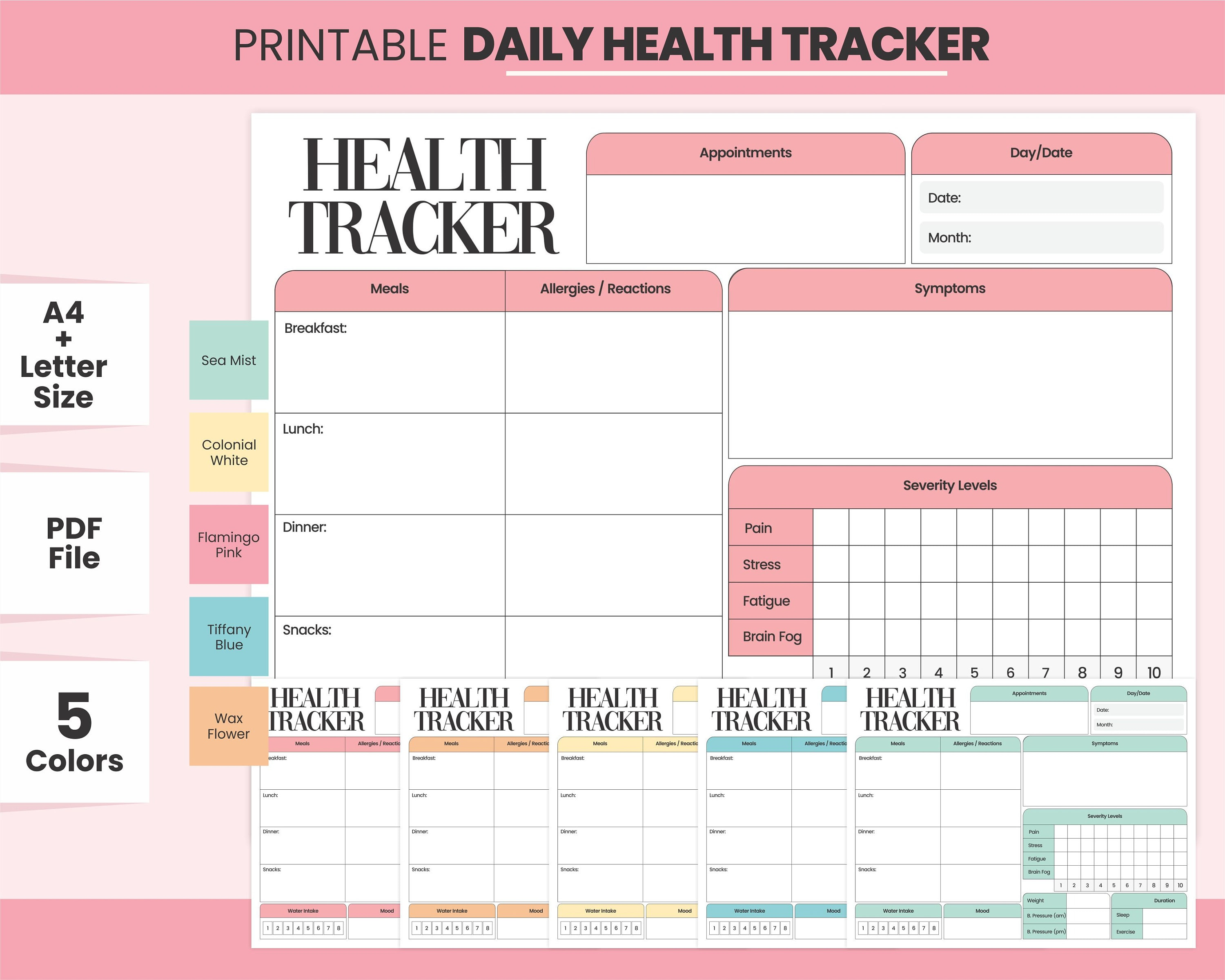
Citrus Depression Prevention: Discover the Natural Benefit
Citrus depression prevention is rapidly gaining attention in the field of mental health, highlighting the profound impact that diet can have on mood. Recent studies suggest that incorporating citrus fruits into one’s daily diet may significantly reduce the risk of depression. Researchers have found that a daily orange might lower depression risk by as much as 20%, likely due to its influence on the gut-brain axis. This connection between gut health and mental well-being is underscored by the beneficial bacteria, *Faecalibacterium prausnitzii*, which thrive in individuals who consume citrus. As we explore the role of citrus fruits in enhancing mental health, we begin to uncover the intricate relationship between diet and mood, opening new avenues for depression prevention.
The concept of preventing depression through dietary choices, particularly by consuming fruits like oranges, is gaining popularity among health enthusiasts and researchers alike. This approach intertwines the fields of nutrition and psychology, emphasizing how what we eat can fundamentally influence our emotional states. By fostering a healthy gut microbiome with foods rich in vitamin C and flavonoids, we may positively affect our mental resilience. The good bacteria, such as *Faecalibacterium prausnitzii*, which are nurtured by citrus intake, play a crucial role in maintaining the gut-brain connection vital for emotional stability. As we delve deeper into the effects of diet on mental health, it becomes clear that the key to emotional well-being might just be found in the fruits we choose.
Understanding Citrus Fruits and Mental Health
Citrus fruits, particularly oranges, are not only nourishing but also play a significant role in promoting mental well-being. Research has revealed that incorporating citrus into your daily diet may contribute to lower rates of depression due to their positive effect on gut health. The relationship between the gut and brain, often referred to as the gut-brain axis, highlights the importance of a balanced microbiome in regulating mood and emotional state. Citrus fruits lead to an increase in beneficial bacteria like *Faecalibacterium prausnitzii*, which are vital for effective neurotransmitter production, specifically serotonin and dopamine, both of which are pivotal in mood elevation and stability.
The consumption of citrus can serve as a natural approach to combating mental health issues. The study indicates that women who consumed a medium orange daily had a 20 percent reduced risk of developing depression. This finding supports the larger hypothesis that what we eat affects our psychological health, suggesting a dietary shift may help mitigate depression risk factors. Furthermore, understanding the specific mechanism through which citrus affects gut bacteria and, in turn, mental health opens a gateway for more comprehensive dietary recommendations tailored for those vulnerable to depression.
The Role of the Gut-Brain Axis in Mental Health
The gut-brain axis is a fascinating area of research that illustrates how our digestive health can directly affect our mental state. The gut houses trillions of bacteria that are responsible for not only breaking down food but also influencing our emotional health through various biochemical pathways. This connection means that improving gut health via diet—like including citrus fruits rich in vitamins and fibers—can potentially lead to better mental health outcomes. When the gut microbiome is enriched with beneficial species such as *Faecalibacterium prausnitzii*, the production of important neurotransmitters is stimulated, fostering an environment where happiness and emotional balance can thrive.
Studies linking dietary choices to mood enhancement underscore the importance of a diet rich in various fruits and vegetables. By prioritizing foods that bolster gut health, we not only provide fuel for our bodies but also establish a foundation for emotional resilience. Understanding how the gut-brain axis operates can empower individuals to make informed dietary decisions that may reduce their depression risk. Whether through direct consumption of citrus or diverse dietary practices, nurturing gut health is essential in navigating mental health challenges.
Citrus Depression Prevention: A Natural Approach
Citrus depression prevention might not just be a hopeful suggestion—it is supported by tangible research suggesting that consuming citrus fruits aids in lowering the risk of depression. The discovery of a strong correlation between high citrus intake and increased levels of *Faecalibacterium prausnitzii* reveals a mechanism by which these fruits functionally improve mental health. Given their propensity to stimulate the production of serotonin and dopamine, citrus fruits stand out as a natural avenue for those seeking to enhance their mood without relying solely on pharmacological treatments.
While traditional antidepressants often come with side effects, the incorporation of citrus into one’s daily diet represents a simple, practical solution for mood management. Individuals interested in exploring holistic approaches to mental well-being may benefit from making citrus a staple in their diet. By doing so, they not only enjoy the Vitamin C boost but also actively participate in a preventive strategy against potential depression.
Key Depression Risk Factors and Dietary Interventions
Understanding depression risk factors is crucial for both prevention and intervention strategies. Various lifestyle components—such as diet, physical activity, and mental resilience—play significant roles in one’s susceptibility to depression. Recent findings suggest that diets high in fruits, particularly citrus fruits, are beneficial. This association emphasizes how dietary changes can serve as a proactive step toward mitigating risks associated with depression and improving overall mental health, working alongside other factors like stress management and social support.
Incorporating citrus fruits into one’s diet aligns with broader dietary recommendations that advocate for increased fruit and vegetable intake. The potential benefits of increased *Faecalibacterium prausnitzii* levels reinforce the idea that the modern diet needs to pivot towards more preventive approaches. By recognizing and addressing major depression risk factors through nutritional interventions, such as embracing citrus, we pave pathways towards healthier, happier lives.
Examining the Impact of Diet on Mood and Emotional Well-being
Diet plays a pivotal role in shaping mood and emotional well-being. Consuming a balanced diet filled with nutrient-dense foods is integral to optimizing mental health. Citrus fruits, in this context, emerge as powerful allies. Their rich content of vitamins combined with fiber supports gut health, which is increasingly understood to correlate with mood enhancement. Researchers have found consistent links between gut health, defined by a diverse microbiome, and improved emotional stability, thereby making a compelling case for diet as a critical tool in mental health management.
Understanding the importance of diet in maintaining emotional well-being invites further exploration into how food choices influence our mental states. The benefits of citrus can extend beyond mere mood elevation; they can also provide greater insight into combating mental health issues. As research evolves, the emphasis on dietary patterns, including increased citrus consumption, will become increasingly integral to public health initiatives aimed at reducing the prevalence of depression and fostering overall emotional health.
The Relationship Between Gut Bacteria and Depression
Emerging research continues to point towards a strong relationship between gut bacteria and depression. The bacteria residing in our intestines produce short-chain fatty acids and other metabolites that can influence brain function and behavior. *Faecalibacterium prausnitzii*, in particular, has become a focal point of interest due to its beneficial properties linked to immune modulation and inflammation, both of which are implicated in mental health disorders. Citrus fruits’ ability to boost levels of this bacterium presents an intriguing angle on dietary approaches to managing depression.
In addition to the direct effects on neurotransmitter production, the mental health benefits of a healthy gut microbiome suggest that dietary strategies focusing on enriching gut bacteria may play a significant role in depression treatment and prevention. By aligning food choices with mental health strategies, we can create a more holistic approach to managing emotional distress, underscoring the critical interplay of diet, gut health, and mental well-being.
Future Directions in Nutritional Psychiatry Research
Nutritional psychiatry represents a burgeoning field at the intersection of nutrition science and mental health. The potential for citrus fruits to improve mood and reduce depression risk marks just the beginning of exploring how dietary patterns can inform psychiatric care. Future research, particularly clinical trials examining the efficacy of citrus in treating or preventing depression, will be essential in affirming these findings. As we cultivate a deeper understanding of nutritional impacts on mental health, the incorporation of foods like citrus will likely gain traction in therapeutic settings.
The call for research in this area is also a call for broader consideration of dietary influences on emotional health. As clinicians seek evidence-based approaches to treating depression, insights drawn from studies on the gut-brain axis, citrus consumption, and their resultant health implications will guide practices in mental health care. Ultimately, collaborative efforts involving dietitians, mental health professionals, and researchers can revolutionize how we think about dietary interventions in mental health management.
Citrus as Part of a Holistic Mental Health Approach
Integrating citrus fruits into a comprehensive mental health strategy can cultivate a unique approach to emotional well-being. By focusing on a multifaceted treatment model that includes nutritional, psychological, and lifestyle elements, individuals may find greater success in managing depression. The uplifting potential of citrus highlights the importance of considering diet as a critical component alongside conventional therapies, including psychotherapy and medication.
With the established benefits of consuming citrus through their positive effects on gut health and mood elevation, nutritional guidance can become an integral part of treatment plans for individuals experiencing mental health struggles. Embracing citrus not only adds variety to one’s diet but also creates a proactive strategy for emotional health management. This holistic approach signals a shift toward more integrative care models that prioritize the interconnectedness of dietary habits and mental health.
Frequently Asked Questions
How does citrus consumption relate to depression prevention?
Citrus consumption, particularly eating an orange a day, has been linked to a reduced depression risk of approximately 20%. This may be due to citrus’s ability to stimulate the growth of *Faecalibacterium prausnitzii*, a beneficial gut bacterium that influences neurotransmitters like serotonin and dopamine, essential for mood regulation. Thus, incorporating citrus fruits into one’s diet may be an effective strategy for depression prevention.
What role does *Faecalibacterium prausnitzii* play in citrus depression prevention?
*Faecalibacterium prausnitzii* is a gut bacterium that has been shown to increase in abundance with citrus consumption. This bacterium is thought to play a critical role in mental health by influencing the production of neurotransmitters associated with mood enhancement. Therefore, a diet rich in citrus fruits may enhance levels of *F. prausnitzii*, potentially lowering depression risks.
Can dietary changes, like eating citrus, impact mental health positively?
Yes, dietary changes, particularly increasing citrus intake, can positively impact mental health. Research indicates that consuming citrus fruits may lower depression risk by promoting the growth of beneficial gut bacteria such as *Faecalibacterium prausnitzii* and influencing the gut-brain axis. This connection highlights the importance of diet in managing mood and mental well-being.
What is the gut-brain axis and its relevance to citrus depression prevention?
The gut-brain axis refers to the bidirectional communication between the gut microbiome and the brain. Citrus consumption influences this axis by enhancing the growth of beneficial gut bacteria like *Faecalibacterium prausnitzii*, which may improve neurotransmitter production and subsequently elevate mood. Understanding this relationship underscores the potential of citrus fruits in depression prevention.
Are there specific depression risk factors that can be mitigated by citrus consumption?
Yes, some depression risk factors, such as poor diet and gut health, can be mitigated by incorporating citrus fruits into one’s diet. The presence of beneficial gut bacteria like *Faecalibacterium prausnitzii* in individuals who consume citrus may lead to increased mood-enhancing neurotransmitters, ultimately reducing the risk of depression.
Is the effect of citrus on depression more significant than other fruits?
Research indicates that the effect of citrus fruits on lowering depression risk is significant and appears to be specific to citrus, unlike other fruits such as apples or bananas. It is believed this unique effect is due to the specific compounds in citrus that promote the growth of beneficial gut bacteria, particularly *Faecalibacterium prausnitzii*.
What future research is needed in citrus depression prevention?
Future research should focus on clinical trials to definitively establish the link between citrus consumption and depression risk reduction. Understanding the mechanisms through which citrus may influence mental health, including effects on the gut microbiome and neurotransmitter levels, will be crucial in determining the effectiveness of citrus as a preventative strategy against depression.
| Key Points | Details |
|---|---|
| Citrus Consumption | Eating one medium orange daily may reduce depression risk by 20%. |
| Gut Health Connection | Citrus stimulates growth of *Faecalibacterium prausnitzii*, beneficial gut bacteria associated with lower depression. |
| Unique Study Approach | Study leveraged existing data from 100,000 women to correlate citrus intake with mood. |
| Future Research Needs | Further studies are necessary to explore clinical implications of citrus in depression management. |
| Comparison with Traditional Treatments | Could be part of a holistic approach to managing depression alongside traditional antidepressants. |
Summary
Citrus depression prevention is supported by research suggesting that consuming citrus, particularly oranges, can play a significant role in lowering depression risk. The connection is attributed to the increase of beneficial gut bacteria, specifically *Faecalibacterium prausnitzii*, which positively influences neurotransmitter production. This diet-based approach could serve as an accessible and non-invasive strategy to enhance mental health and reduce depression rates, pending further clinical trials on its efficacy.


